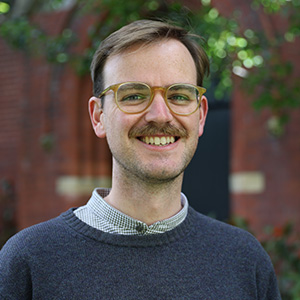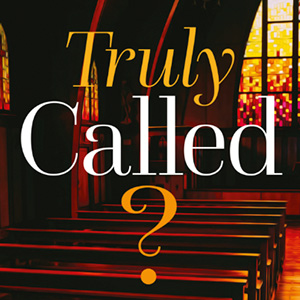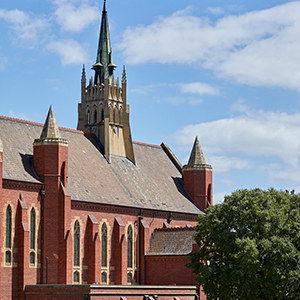


I’m convinced author and screenwriter Douglas Adams must have taken a theology course. In The Hitchhiker’s Guide to the Galaxy he writes, ‘There is a theory which states that if ever anyone discovers exactly what the universe is for and why it is here, it will instantly disappear and be replaced by something even more bizarre and inexplicable'.
This experience of the universe changing before our eyes is a bit like what happens when we consider theology. A God who plunges into death on a cross – an ancient instrument of torture – is held to be the one in whom everything holds together. Not only that, he’s resurrected and can do all kinds of strange things, like walk through walls and disguise himself in plain sight as he wanders with his friends on a journey to Emmaus.
What makes Christian theology so important right now is the way it asks us to see Christ as and in the stranger. Strangers are often cast as frightening, monstrous others. We have institutionalised practices that keep us alienated from those who are different; from those who might disrupt our way of framing the world.
What Christian theology asks us to do is move towards our neighbor. To love them. In doing this, thoughtfully and attentively, we are given new questions and new ways of seeing. We become strangers to ourselves, and the universe itself becomes that little bit different.
Any theology that comforts you by telling you that you already see things the way they really are – that you have the whole picture – is one to be suspicious of. The kind of vision offered there isn’t interesting. It doesn’t drive you towards your neighbour, instead, it reconfirms you as the centre and master of your universe.
This is the value of theology in the present moment.
The world is framed by walls, by exclusions. At the same time, we are acutely aware of our fragility in the face of a pandemic. This fragility can drive us further into ourselves, or it can be a moment of opening to the neighbour. Theological practices of attention mean de-centering yourself, being destabilised, and coming to terms with this shared fragility and contingency.
If you study theology, you’re taking a risk. The walls surrounding your inner castle might start to crack. But this experience of being destabilised is the heart of what we are doing when we are doing theology. God comes to us again and again, in the person of Christ, as the stranger. Again and again we see that so much of what we thought we believed needs to be disbelieved.
This doesn’t mean we abandon the heart of Christian faith. This is Christian faith.
Theology is a practice of refusing mastery of the world, even though its history is often tragically the opposite. But, it might just be that in this refusal we find some interesting questions.
Interested in exploring this topic further? Dr Scott Kirkland is teaching Foundations for Theological Study at the Trinity College Theological School in Semester 2. Learn more or enrol now.
Related News
-
News & Stories
- Our Theological School Student President's mission to champion a spiritual and welcoming environment
- Jack reaps the rewards after taking a leap of faith on Trinity College
- Trinity alum named in King's Birthday Honours 2025
- Trinity Deputy & Academic Dean appointed Fellow at Center of Theological Inquiry
- Meet Trinity's aspiring art curator Seb Moore
- Trinity College offers its congratulations to newly elected Archbishop of Melbourne, the Right Reve
- Events
- Art
- Music & Choir
- Campus Development Projects
- Visiting Scholars & Lectureships
- Accommodation for Visitors
- Short Programs
- Work at Trinity






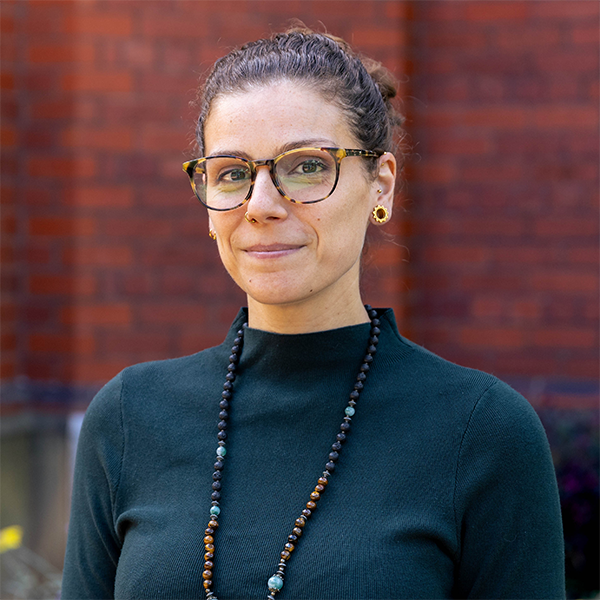
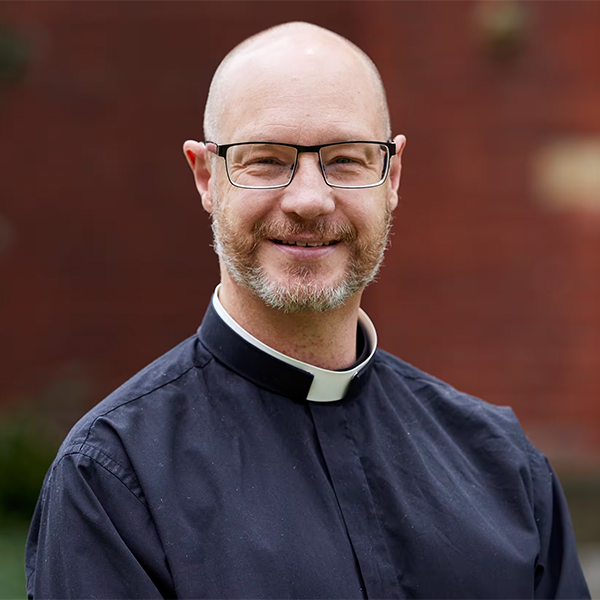

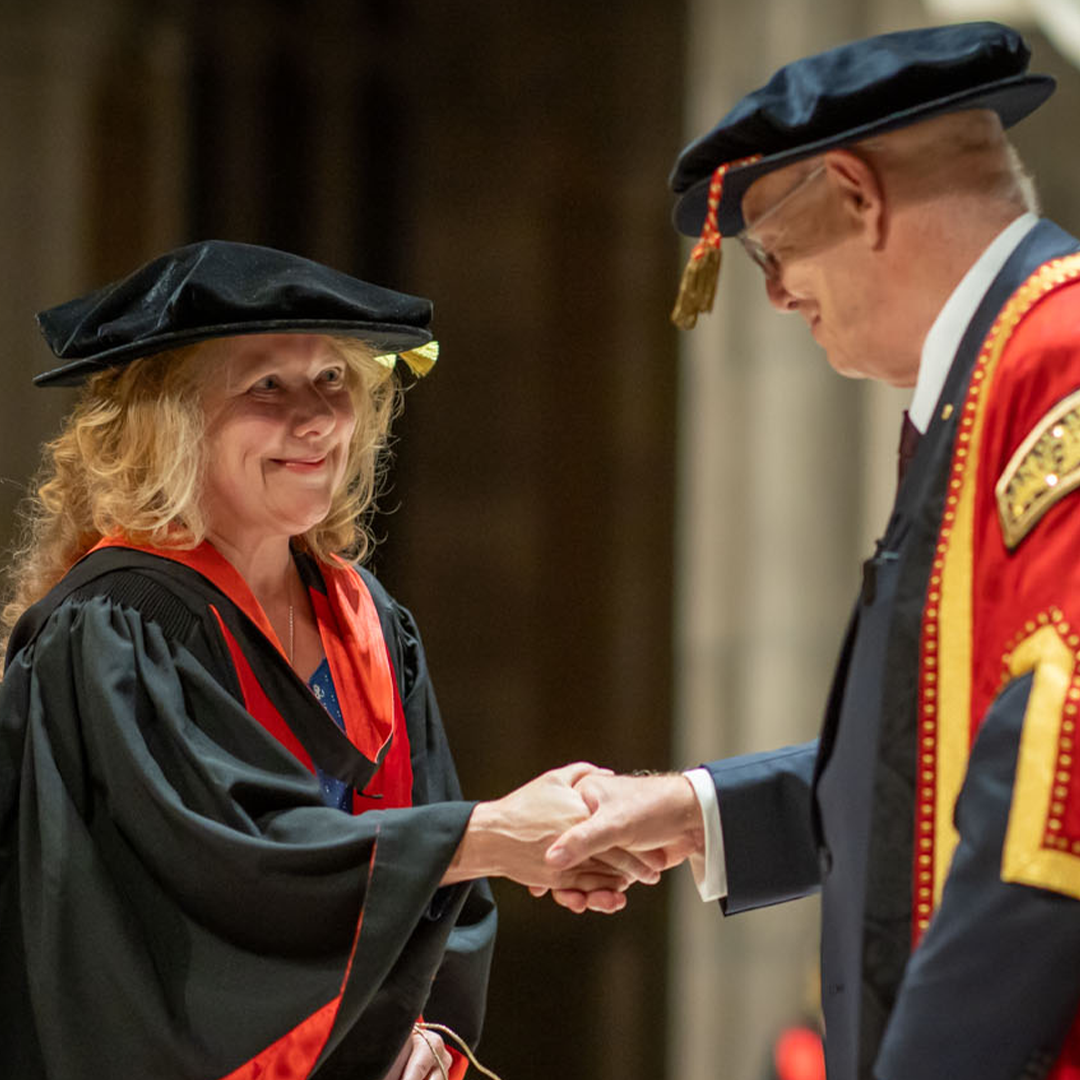
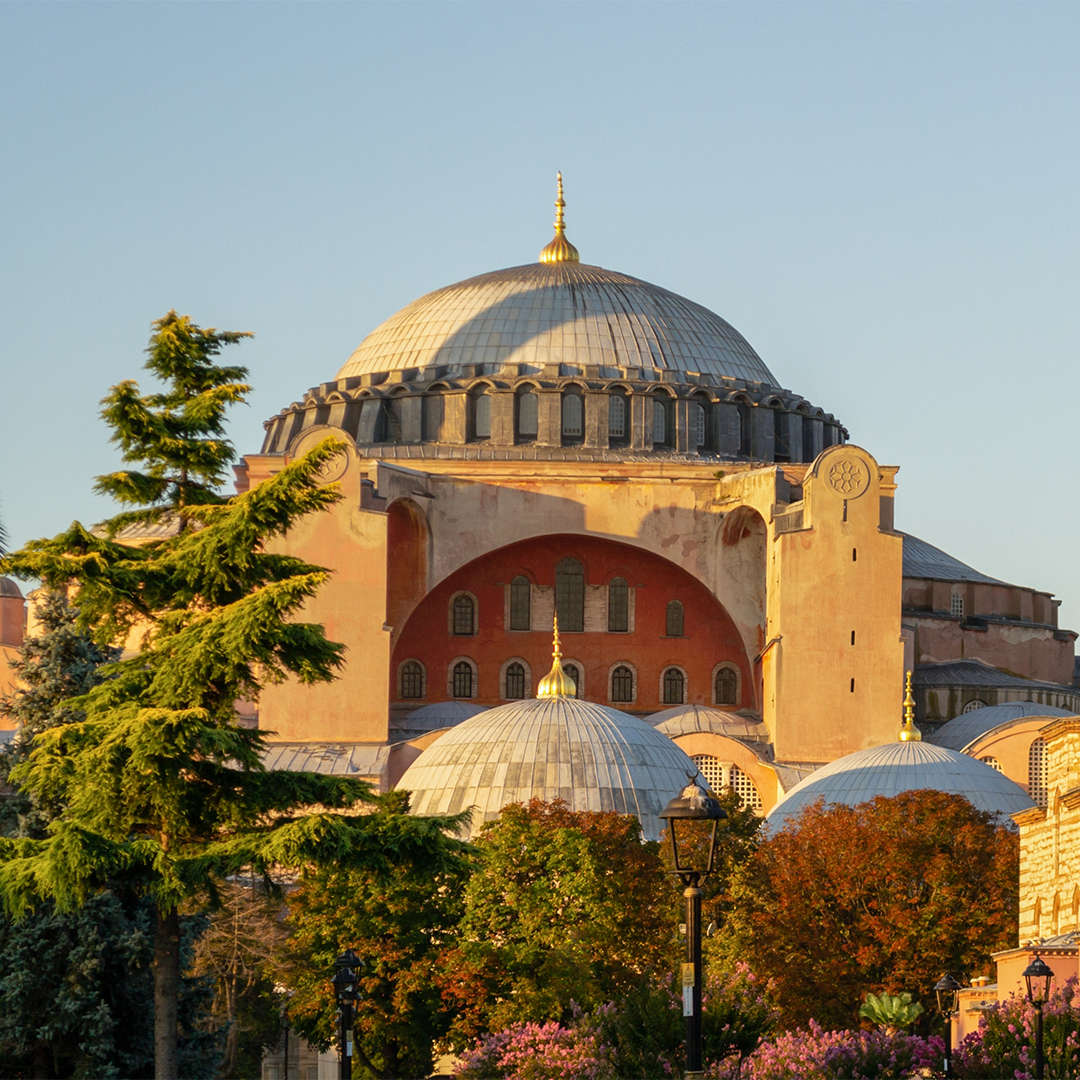
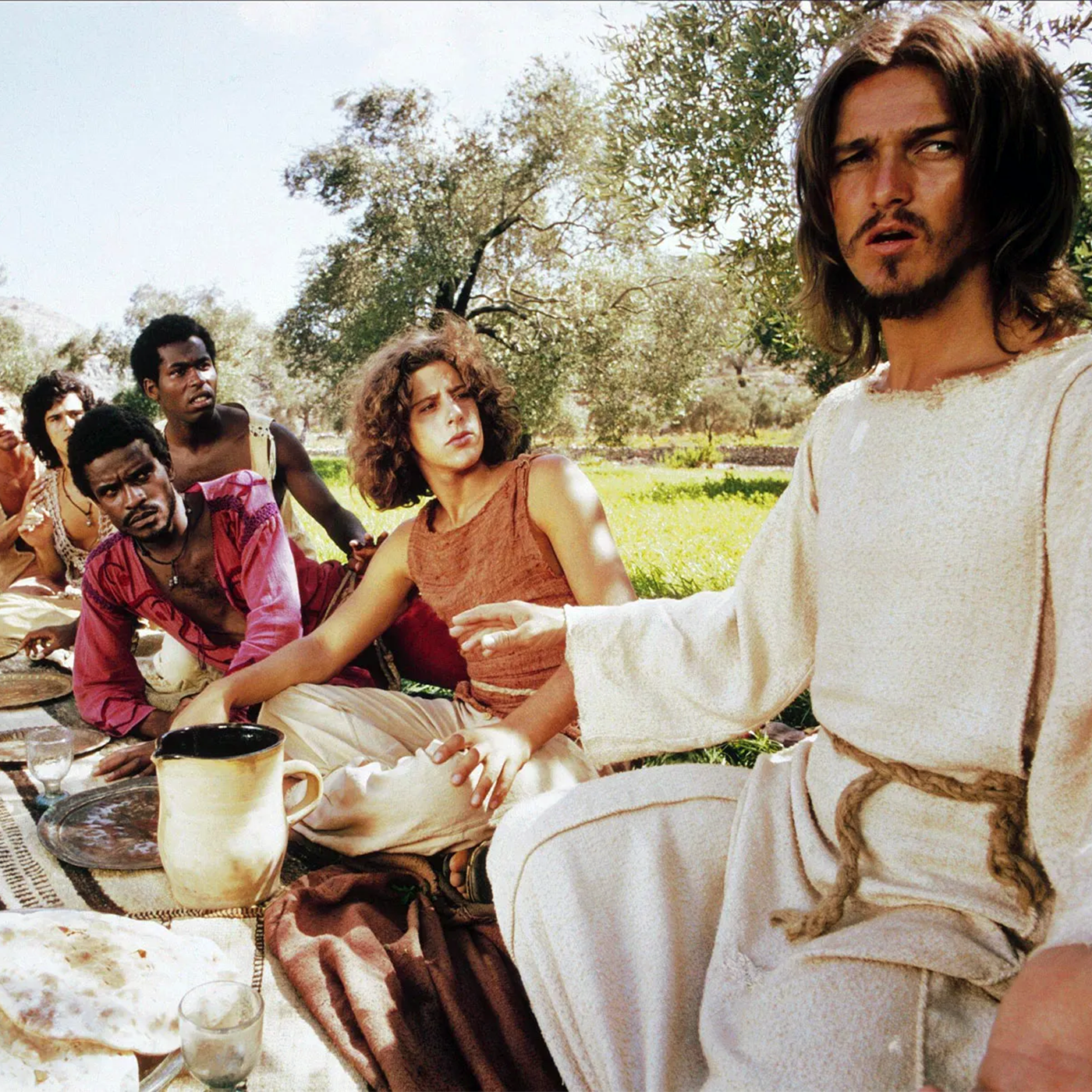

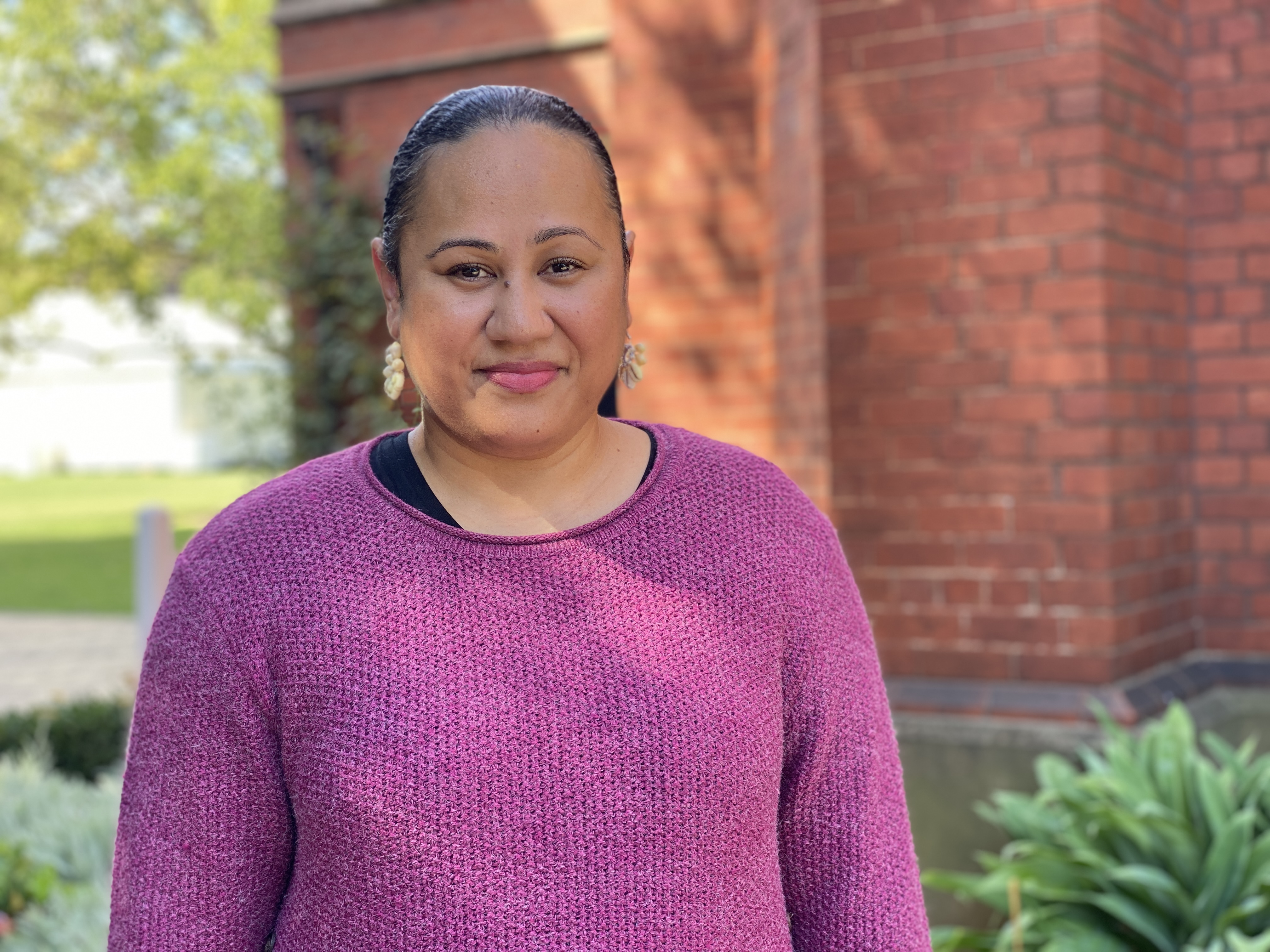
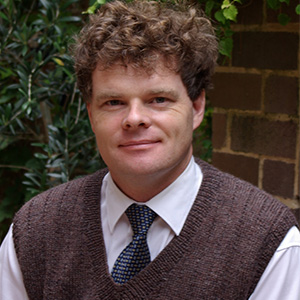

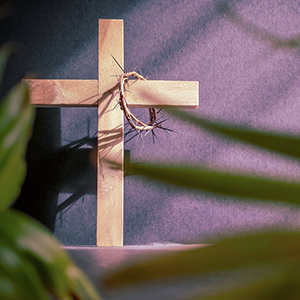
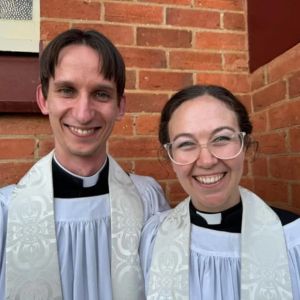.jpg?width=300&height=300&ext=.jpg)
